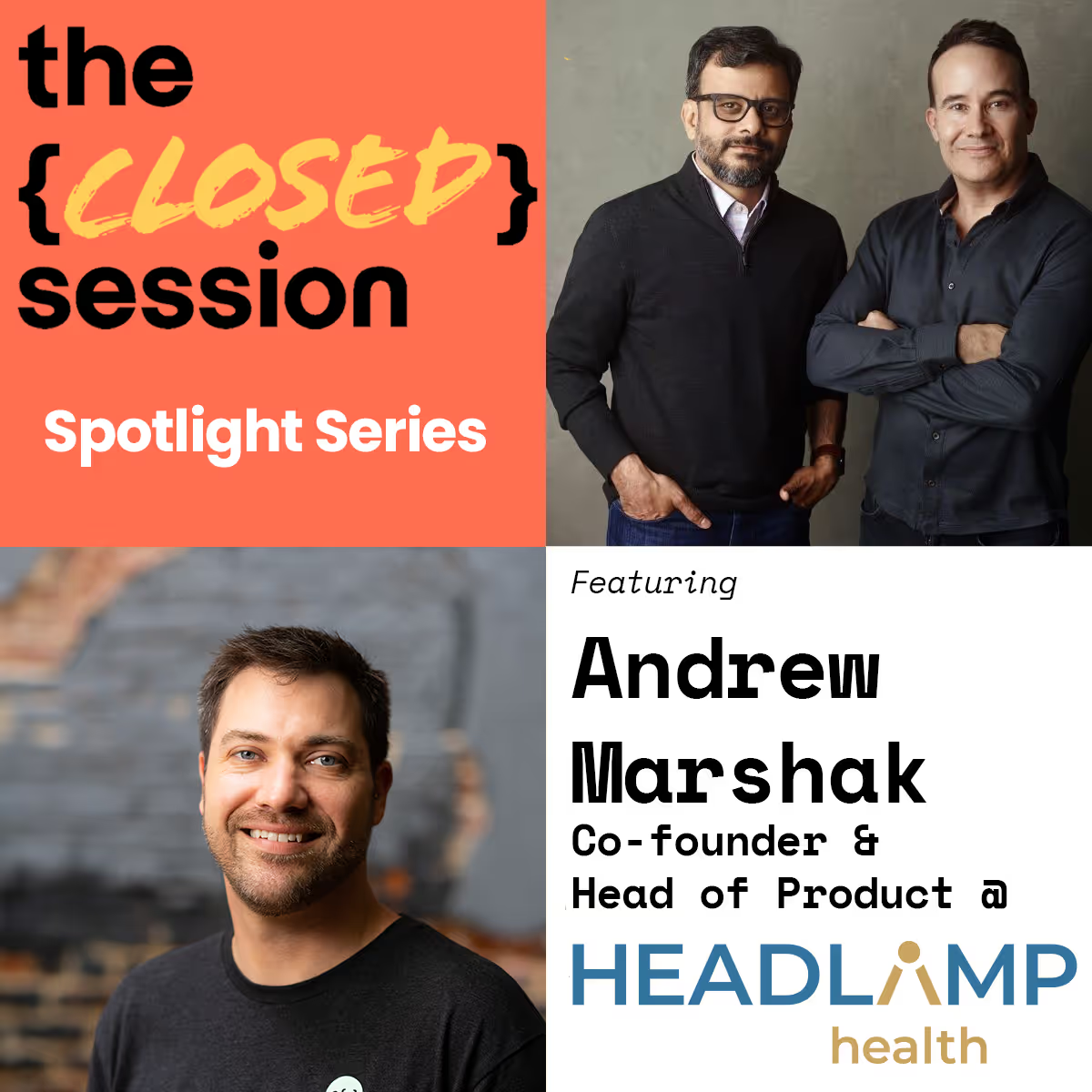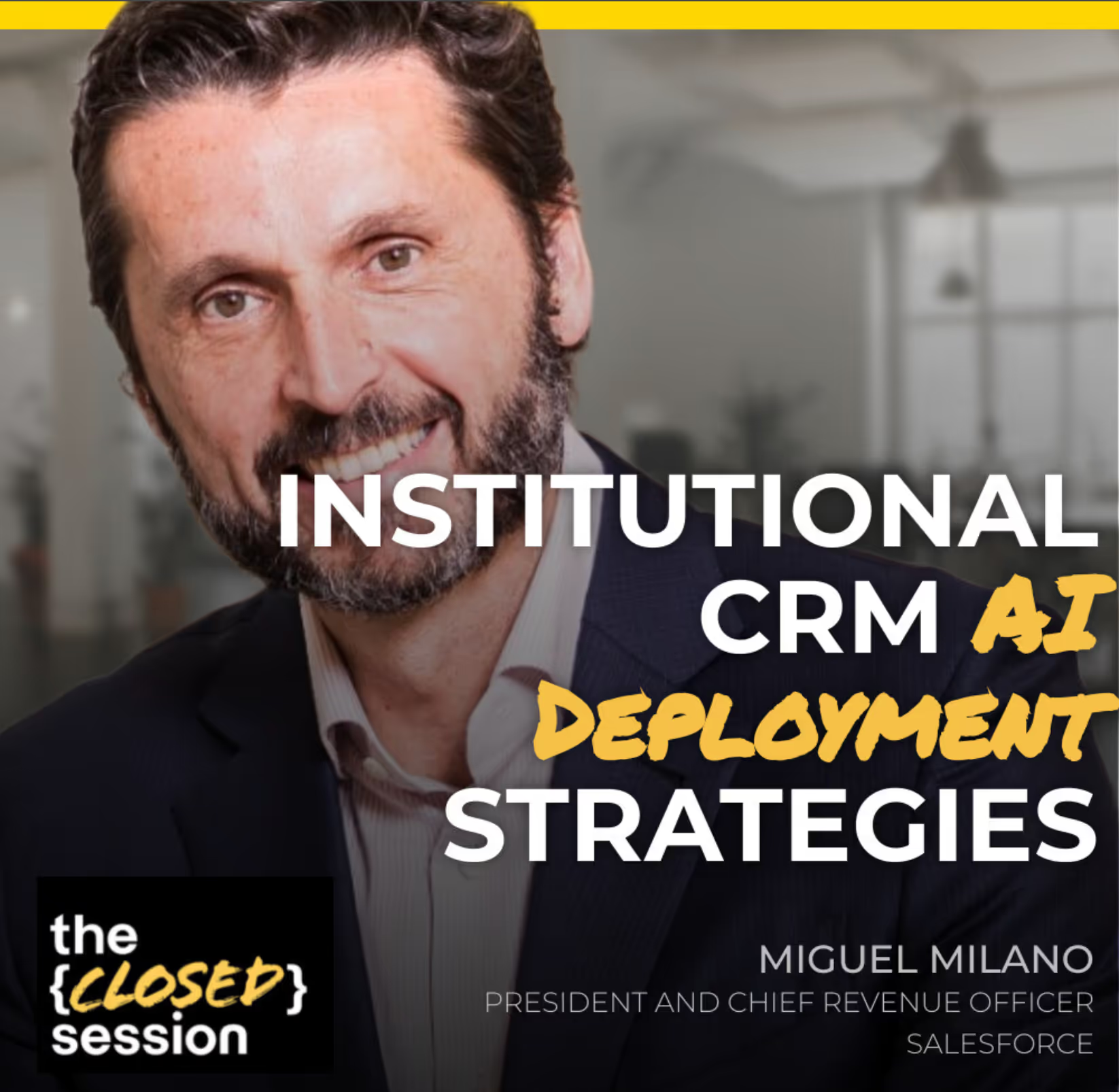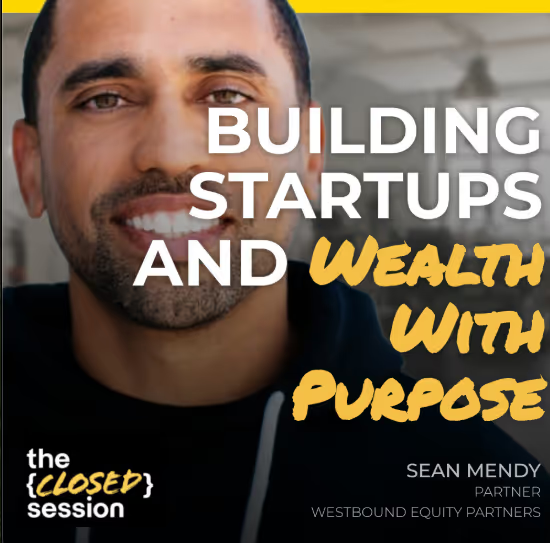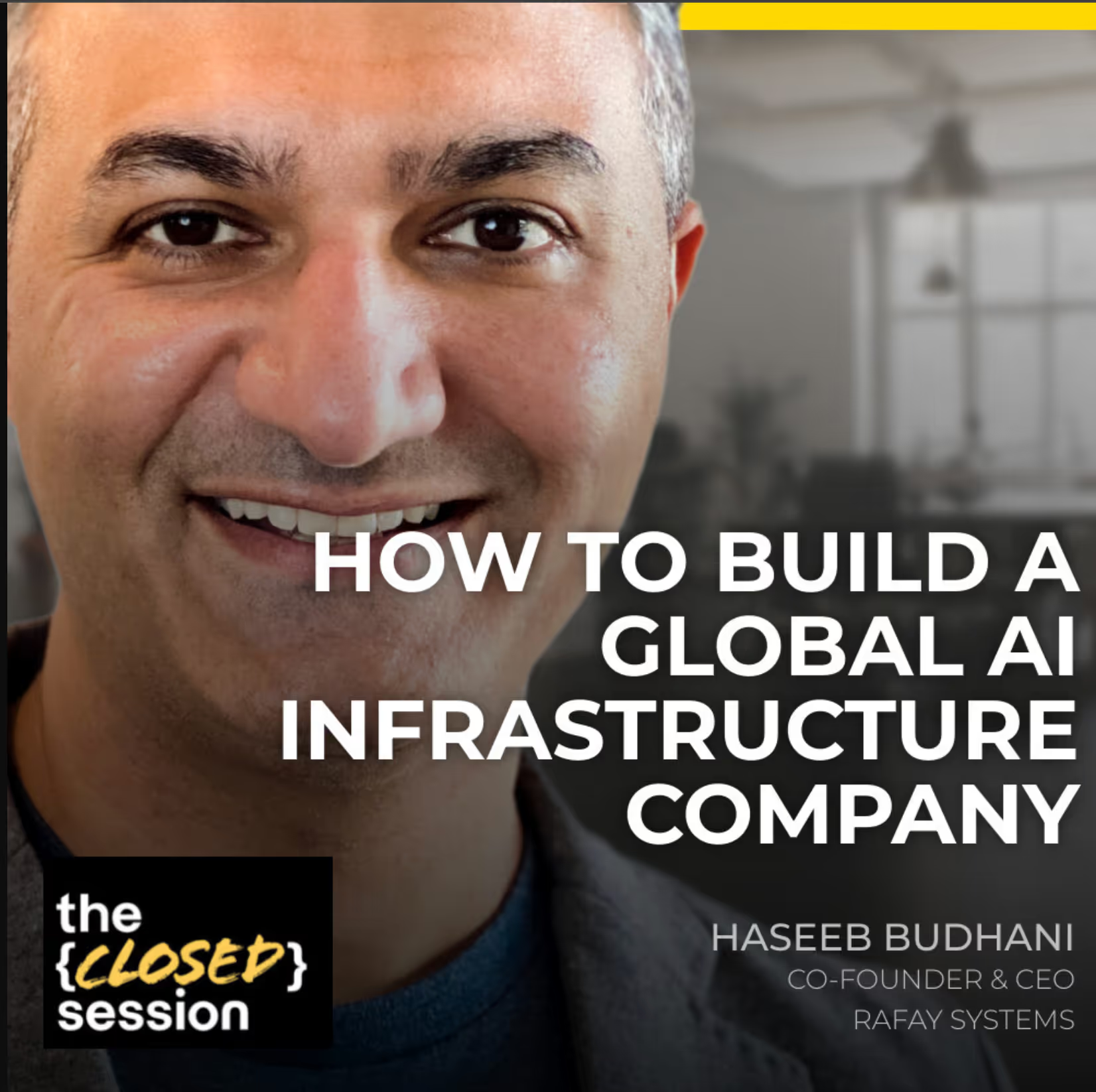
Spotlight Series: Andrew Marshak, Co-founder of Headlamp Health
From multiple stints in the early-stage trenches to co-founding Headlamp Health, Andrew Marshak's journey is marked by serious startup scar tissue. He's deeply driven by Headlamp Health's mission: transforming mental health care through precision psychiatry and data. At super{set}, Andrew sheds light on the unique freedom he's been given, underscoring what it truly means to be a "co-founder for real." Dive in to hear his compelling story.
Headlamp makes it easy for clinicians and their patients to access their universal medical records, while also providing advanced AI tools to support more personalized health insights and decision-making.
Lean more about Headlamp Health at Headlamp.com: https://www.headlamp.com/
Find Andrew Marshak on LinkedIn here: https://www.linkedin.com/in/andrew-marshak/
Tech, startups & the big picture
Subscribe for sharp takes on innovation, markets, and the forces shaping our future.
More Episodes
Explore additional conversations with entrepreneurs, investors, and leaders shaping the future of tech and business.



